The QUENCH mentors
The process of developing and refining ideas for the five proof-of-concept studies was supported by five mentors, who contributed a wide range of academic expertise, practical experience, wisdom and enthusiasm.

The QUENCH Network is facilitated by an interdisciplinary team from Lancaster University and The University of Liverpool, and supported by a team of external mentors.
Network lead Jess Davies is a Professor of Sustainability at Lancaster Environment Centre and Director of the Centre for Global Eco-innovation. She studies terrestrial biogeochemical cycles and leads a range of interdisciplinary projects relating to sustainable soils, land use and urban environments. Jess brings to the network a broad understanding of environmental processes and experience of working with policy makers, businesses, and third sector organisations.
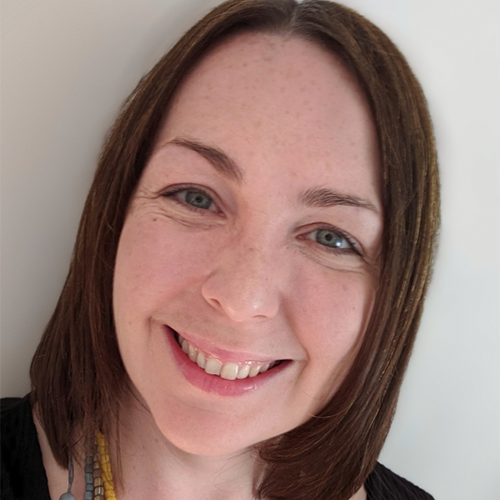
Network co-investigator Jo Knight is an applied data scientist with expertise in the use of routinely collected health data and works in partnership with a number of local NHS trusts and councils. She is also Lancaster University Research Director for the Eden project tasked with catalysing research in partnership with Eden Project International.
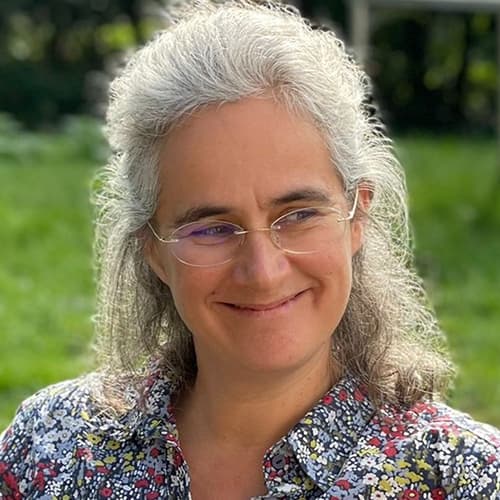
Network co-investigator, Charlotte Hardman is a Senior Lecturer in Psychology. She brings a wealth of knowledge, methodological skills, and networks in health-related behaviour change and psychological wellbeing. She currently leads research teams on major interdisciplinary projects (UKRI and EU-funded). She co-ordinates the North-West network of the UK Association for the Study of Obesity, is Communications lead for the British Feeding and Drinking Group, and is a founding member of the Liverpool Food Growers Network.
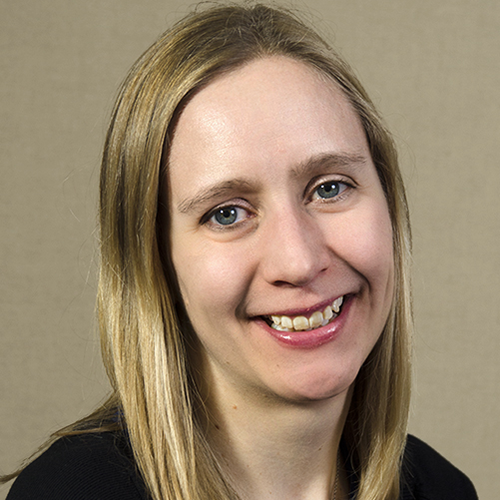
Network co-investigator, Mark Green is a Senior Lecturer in Health Geography at the University of Liverpool who brings expertise in applying data science techniques for studying the social and spatial determinants of health inequalities. They currently are PI and Co-I on three UKRI grants, including the UK-PRP funded GroundsWell project which is exploring how urban green and blue spaces affect health.
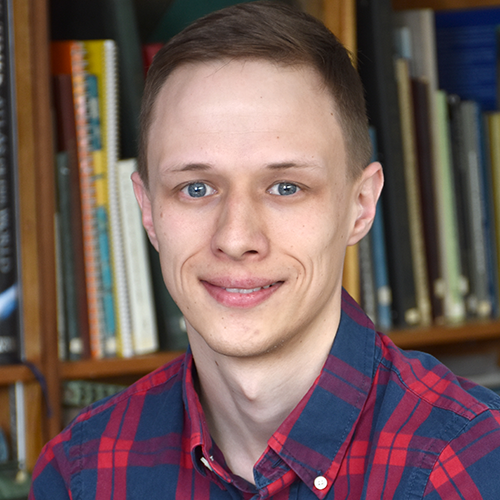
Network Associate Andy Yuille is an interdisciplinary social scientist whose research focuses on the relationships between society and environment. He specialises in public participation in decision-making about environmental change and his research builds on ten years’ experience working with environmental NGOs, policy makers and public-private partnerships. He bridges the gap between academics and practitioners with an emphasis on impact-oriented research.
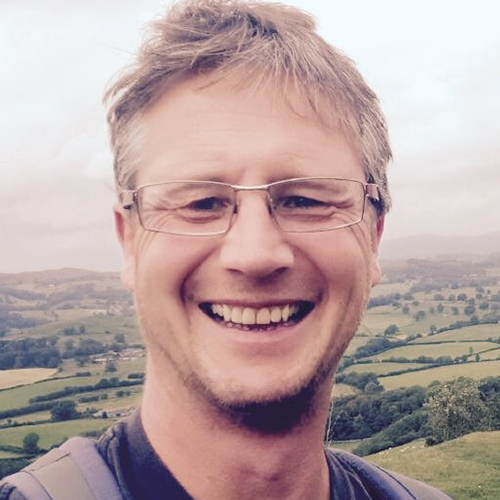
Network associate, Rachel Marshall is an interdisciplinary researcher specialising in local food systems. In her role as a Future Places Centre fellow she is delivering the Rurban Hope Spots project examining data opportunities and challenges to support community land mapping in both urban and rural spaces. She brings experience of facilitating spaces for the co-design of projects that address critical challenges in creating sustainable and fair urban environments.
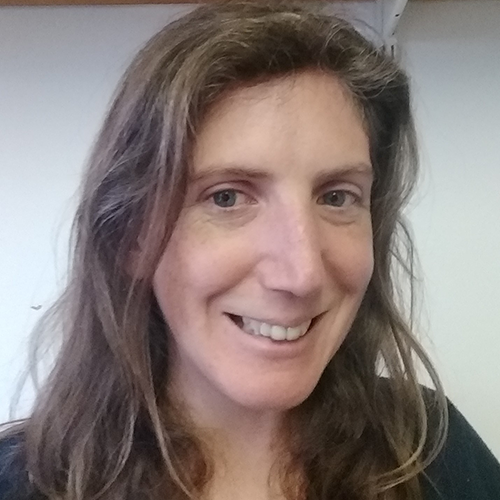
Network facilitator, Martin Grimshaw from Thriving Planet, is a facilitator, organisational consultant and trainer working professionally and freelance for a decade. With a focus on sustainability-driven contexts, his work ranges from strategy development, to self-organising and peer-peer co-learning, working in both in-person and virtual settings.
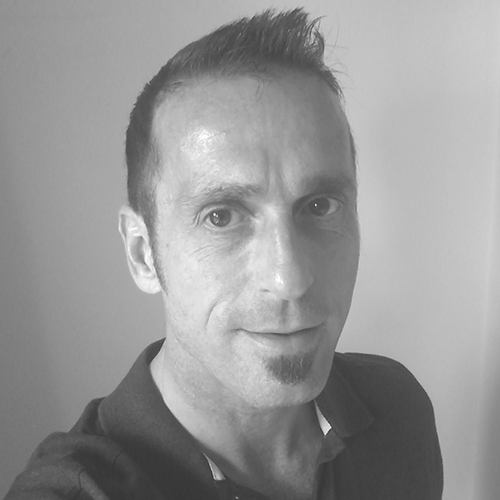
The process of developing and refining ideas for the five proof-of-concept studies was supported by five mentors, who contributed a wide range of academic expertise, practical experience, wisdom and enthusiasm.